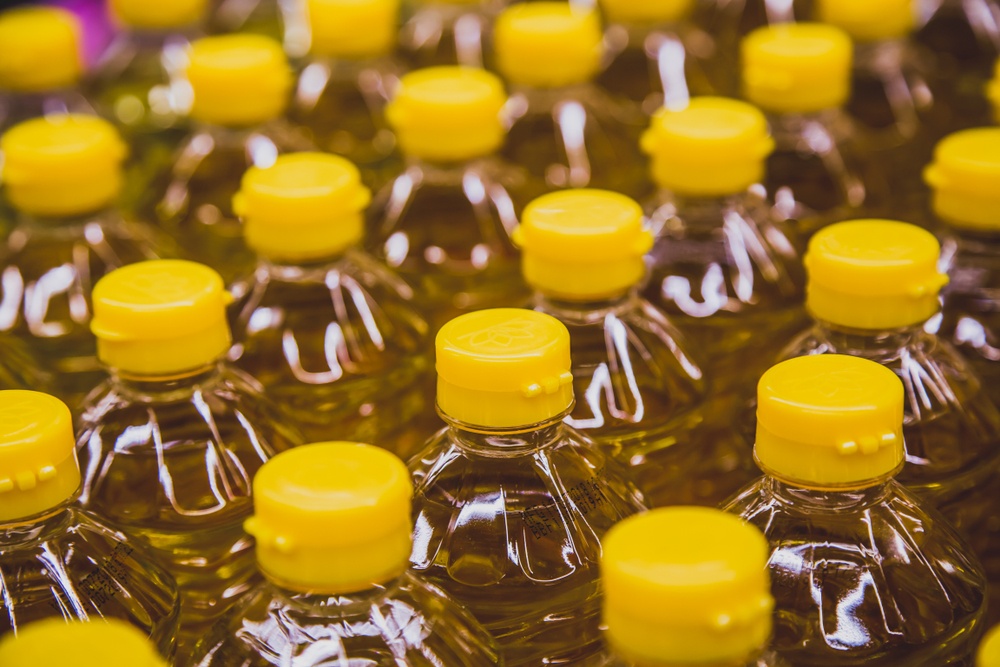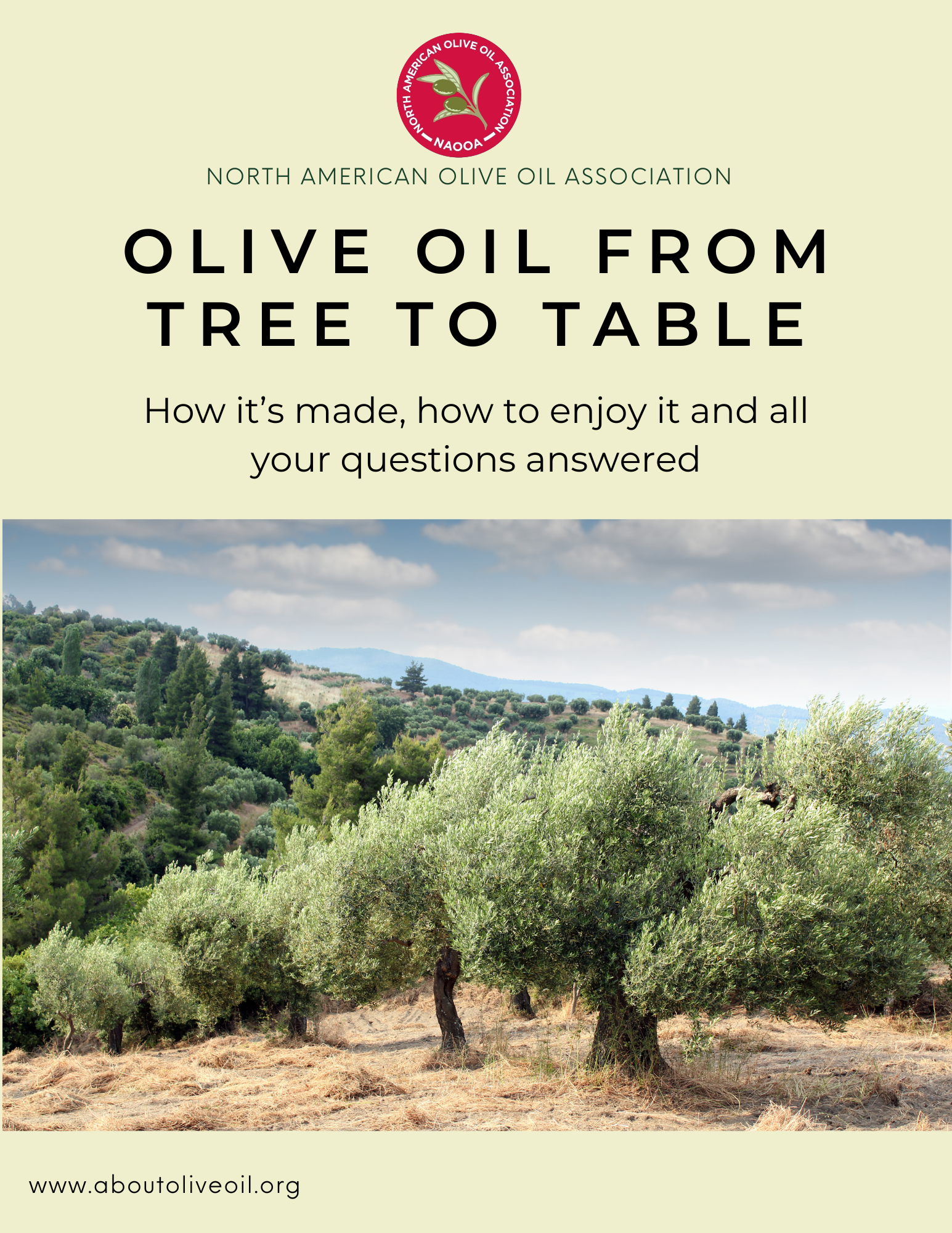By Mary M. Flynn, PhD, RD, LDN
You may have recently seen headlines with bold claims like “Seed oils are better for cholesterol than olive oil.” But dig a little deeper, and you’ll find that’s not necessarily true — at least not in a broad sense. Understanding the larger truth is critical to your heart health.
I’ve been a registered dietitian for 34 years, and I’ve studied extra virgin olive oil since 1998. Here are two important things that years of research tell us:
- Populations that use olive oil have lower rates of coronary heart disease (CHD).
- Extra virgin olive oil is better at lowering the risk of CHD than seed oils.
The glowing headlines about seed oils are based on a recent analysis of the effects of cooking oils and fats on blood lipids.1 What the authors actually found, based on previous research, is that seed oils are “better” at one specific thing – lowering blood levels of low-density lipoproteins (LDL), which are often called “bad cholesterol.” It seems logical to think, “Lowering bad cholesterol must be good!” But there’s more to the story than that.
LDL is not all “bad.” Its job is to carry cholesterol around the blood. That’s important because we need cholesterol for a variety of things like making some types of hormones and for healthy cell membranes. Higher levels of LDL are not considered “healthy” with regard to CHD risk, but there are no data showing that LDL of less than about 125 – which is an average number – makes any difference in CHD risk. In other words, the actual quantity of LDL is not a big deal.
What is important is the health of the LDL particles themselves because LDL that is oxidized can increase CHD risk, but non-oxidized LDL does not. Polyunsaturated fat, which is the predominant fat found in most seed oils, leads to increased oxidation. That means that while it’s true that seed oils will lower the level of LDL more than olive oil, those seed oils actually can produce an oxidized LDL, which can increase the risk of CHD.
Conversely, all olive oil is high in monounsaturated fat, which does not oxidize LDL. That means olive oil doesn’t contribute to the oxidation of LDL, so it lowers the risk of CHD. Extra virgin olive oil also has phenols that work as antioxidants, meaning they decrease the overall oxidation in your body. Additionally, some studies have shown that extra virgin olive oil will decrease LDL.
Moreover, CHD is affected by numerous factors other than LDL. For instance, extra virgin olive oil is also the only thing — food or medicine — that will increase high-density lipoproteins or HDL, which is often referred to as “good cholesterol.” Extra virgin olive oil also improves the function of HDL, even if the absolute level does not increase. In other benefits, extra virgin olive oil will decrease blood pressure, blood coagulation (blood clotting is a risk for CHD), and inflammation, all leading to lower CHD risk and overall better heart health.2
As a researcher and dietitian, I can’t stress enough how important it is to look at a wide body of evidence and avoid exaggeration and oversimplification when helping people decide what’s best for their health. Unfortunately, that’s what appears to have happened with this recent report on seed oils. There’s no question that extra virgin olive oil is the better choice for your heart.
 Mary M. Flynn, PhD, RD, LDN, is an Associate Professor of Medicine (Clinical) at Brown University and teaches courses in nutrition at Brown. She also lectures on nutrition in the Albert Medical School. She has been a research dietitian at The Miriam Hospital (Providence, Rhode Island) since 1984. Her main research interest is how food can be used as medicine, and her main food of interest is extra virgin olive oil, which she has been researching since 1998. Visit her website.
Mary M. Flynn, PhD, RD, LDN, is an Associate Professor of Medicine (Clinical) at Brown University and teaches courses in nutrition at Brown. She also lectures on nutrition in the Albert Medical School. She has been a research dietitian at The Miriam Hospital (Providence, Rhode Island) since 1984. Her main research interest is how food can be used as medicine, and her main food of interest is extra virgin olive oil, which she has been researching since 1998. Visit her website.
[1] J Lipid Res. 2018 Sep;59(9):1771-1782. doi: 10.1194/jlr.P085522. Epub 2018 Jul 13.
[2] https://olivecenter.ucdavis.edu/publications/olive-oil-as-medicine





